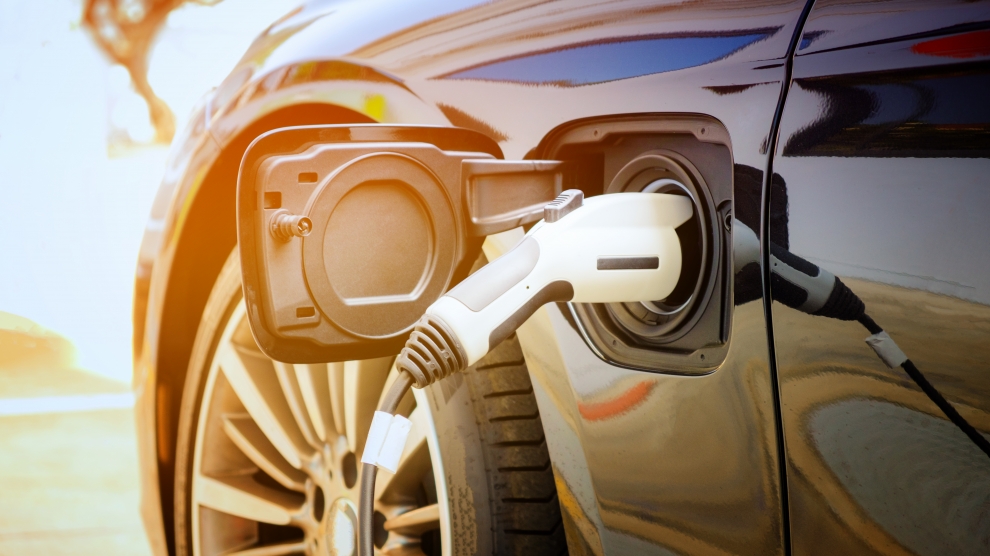The success of UP Catalyst, a pioneer in sustainable carbon material production directly from CO2 emissions, is another win for Estonia’s collaborative approach to nurturing start-ups.
Back in 2022, Emerging Europe was fortunate enough to pay a visit to the University of Tartu in Estonia, where Mart Maasik, investment director at UniTartu Ventures, explained how the university was bringing together early-stage deep tech investors and the University of Tartu’s researchers, exchanging IP for equity.
- Commitment to innovation makes Estonia’s IT sector emerging Europe’s most competitive, again
- Why do small countries excel at fintech?
- Estonia’s collaborative approach pays dividends for start-ups
“We are founder friendly,” he said, explaining that some of the country’s most innovative firms, including AuveTech, which makes autonomous buses, Skycorp, which is developing hydrogen drones, Modern Mobility, creating software for on-demand transport based on autonomous vehicles, and Bercman Technologies, a deep-tech company on a mission to help vehicles to communicate with each other, are offshoots of Estonian university projects.
Another of these offshoots is UP Catalyst, a pioneer in sustainable carbon material production directly from CO2 emissions, which this week closed a 2.36 million euros seed extension round.
It follows a four million euros raise in 2023 to advance its ground-breaking technology, which it hopes will offer a sustainable alternative source of raw materials to European battery manufacturers.
The round saw equal participation from Warsaw Equity Group and Estonia’s state fund SmartCap, which backed the company earlier seed funding. Existing investors, including Extantia, Sunly, Little Green Fund, Scottish Baltic Invest, as well as UniTartu Ventures, continue to support UP Catalyst.
With the global demand for graphite expected to outstrip supply, creating an estimated 700,000-tonne annual deficit by 2030, UP Catalyst is now well positioned to become a transformative force in the European battery landscape.
By replacing fossil-based graphite with UP Catalyst green graphite, the battery anodes will become CO2-negative. This shift could contribute to avoiding 118.7 megatonnes of CO2 emissions annually by the year 2030, marking a substantial environmental impact.
An alternative to China
“By 2030, the EU will require three million tonnes of carbon materials for electric vehicle batteries. Despite having the potential to utilise 11 million tonnes of CO2 through existing technology, the EU currently invests in underground storage and imports fossil-based materials from China,” says Gary Urb, CEO of UP Catalyst.
“The technology is ready—we just need the investment to scale up as a crucial step toward utilising at least 200 thousand tons of CO2 annually by 2030.”
The new funding will accelerate the construction of UP Catalyst’s industrial production unit. The company now hopes complete the development of an industrial pilot reactor with the aim of processing 100 tonnes of CO2 annually, yielding 27 tonnes of advanced carbon materials such as graphite and carbon nanotubes.
The technology—built on molten salt electrolysis—not only aims to achieve price parity with traditional carbon sources but also significantly reduces the carbon footprint associated with raw material production.
Unlike many news and information platforms, Emerging Europe is free to read, and always will be. There is no paywall here. We are independent, not affiliated with nor representing any political party or business organisation. We want the very best for emerging Europe, nothing more, nothing less. Your support will help us continue to spread the word about this amazing region.
You can contribute here. Thank you.


